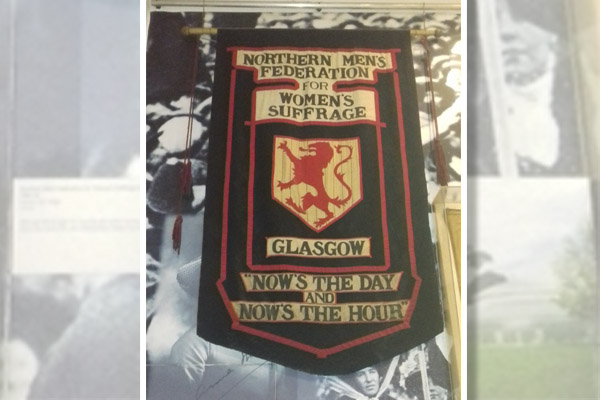Writing Tools: Avoiding The Cliché

How often have you indulged in a cliché like “soon they were chatting like old friends”, or “he held her hand/gaze a little longer than necessary”?
How about “eyes like stars” or “a voice like velvet/ chocolate”? Then this article is for you!
Phrases like these are clichés that make the reader sigh slightly as she reads them yet again. Overused. Unimaginative.
To me, they’re the sign of a lazy writer and to be avoided wherever possible. See? Not “at all costs”.
If you find your brain auto-filling a phrase as you begin it, you can be pretty certain you’re falling into cliché land. Resist!
Look at that first one. What’s the writer trying to convey? That “they” quickly felt comfortable in each other’s company – so why not simply say that? Or that they quickly bonded; found they shared a sense of humour; discovered the sister she’d never had…There are so many different and easy ways to get across that sense of fast yet comfortable friendship.
Clichéd situations
But it’s not only words and phrases that can be clichés. Situations can be, too. Examples?
How about . . .
Couple meet over some mild confrontation like a parking space.
Kids addicted to their mobile phones learn how much fun an enforced device-free holiday can be.
Elderly woman scared of young people learns how kind they can be.
I could list dozens of these. Those who’ve attended our writing workshops have heard me! But if you’ve ever had a story returned to you with the comment that it was “too familiar”, it was a clichéd idea.
Clichéd characters
Characters can fall into the cliché trap, too . . .
The plain Jane who wins the hero.
The wise gran who guides youngster to a happy resolution.
The sulky teen who saves the day.
The stern boss who turns out to be shy.
And so on…
Does that mean you can never feature these characters? Not necessarily.
But you do have to work much harder to give their characterisation a satisfying depth and complexity. And you have to make their story more interesting to mask and distract the reader from anything that might seem familiar.
Why does it matter so much? Because don’t you want readers to be thoroughly entertained by your story? To not be able to predict quite what she’ll read in the next paragraph or on the next page?
You don’t want her to start it and think, “Oh no, not this old chestnut again”.
I read a brilliant quote the other day, by John Maynard Keynes, which says it all:
“The difficulty lies not in the new ideas but in escaping from the old ones.”
Catch up on all of our invaluable writing tools by clicking here.










